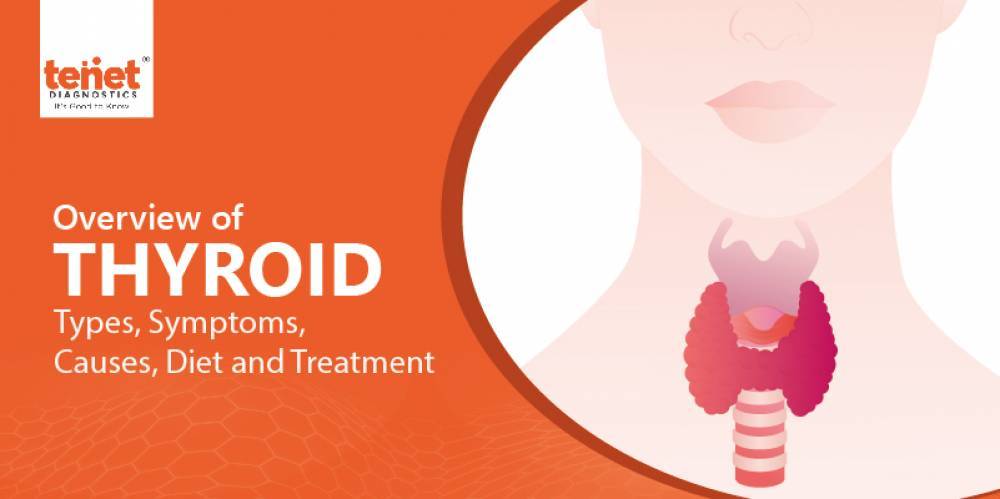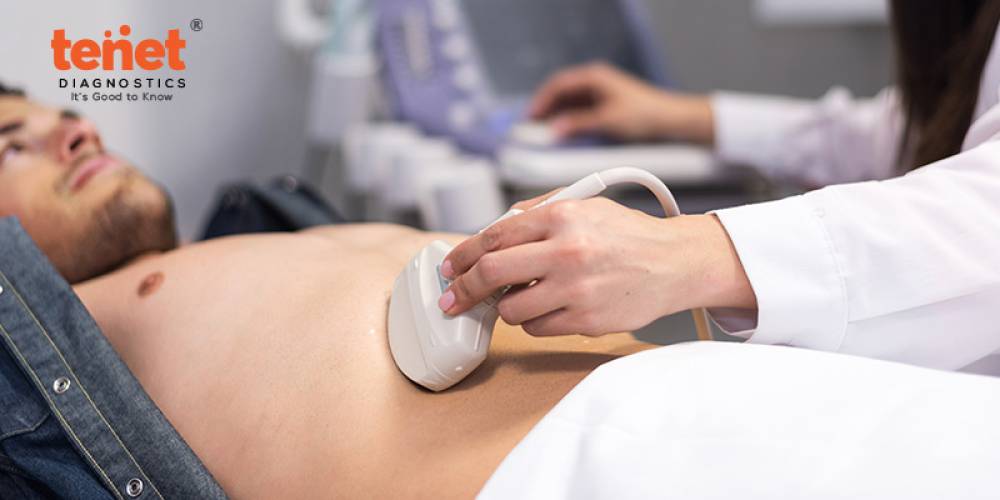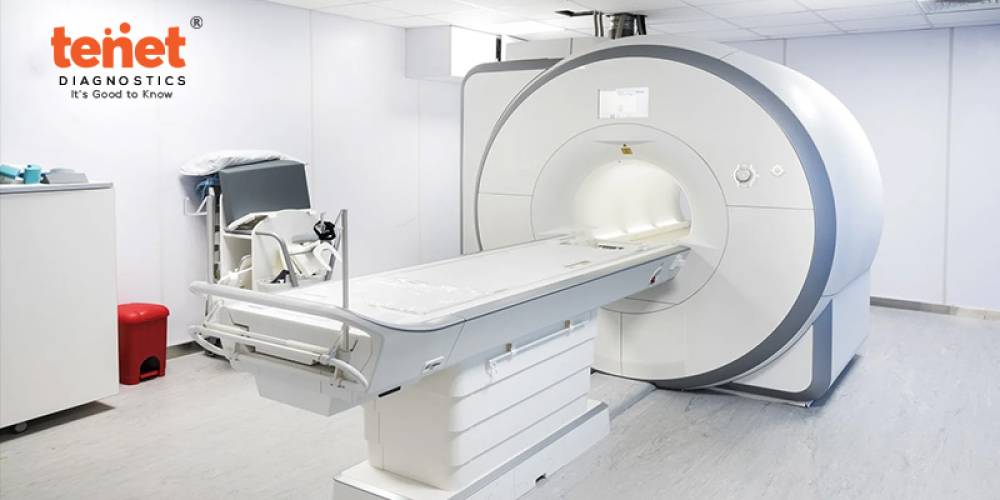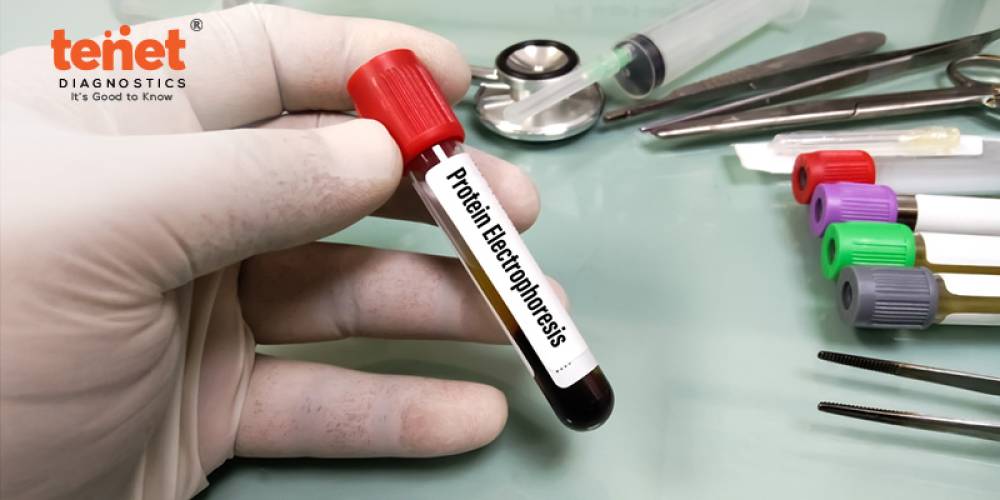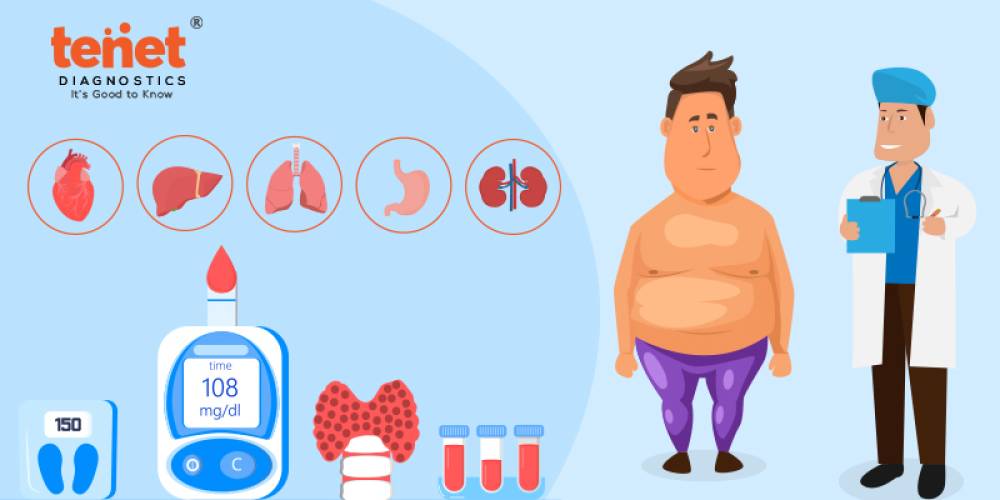The thyroid gland has an important job to do within your body — releasing and controlling thyroid hormones that control metabolism. Metabolism is a process where the food you take into your body is transformed into energy. This energy is used throughout your entire body to keep many of your body’s systems working correctly.
The thyroid controls your metabolism with a few specific hormones — T4 (thyroxine) and T3 (triiodothyronine). These two hormones are created by the thyroid and they tell the body’s cells how much energy to use. When your thyroid works properly, it will maintain the right amount of hormones to keep your metabolism working at the right rate.
What Is Thyroid?
The thyroid gland is a small organ located in the front of the neck. It is wrapped around the windpipe (trachea). It is smaller in the middle with two wide wings extended around the side of your throat. The thyroid is a gland which makes hormones that help control many vital functions of your body.
Different Types Of Thyroid diseases:
There are different types of thyroid disease known as hyperthyroidism, hypothyroidism, thyroiditis and Hashimoto's thyroiditis.
Hyperthyroidism: Hyperthyroidism occurs when your thyroid gland produces excessive hormone thyroxine. This thyroid disorder can accelerate your body's metabolism, thus, causing unintentional weight loss and a rapid or irregular heartbeat.
Hypothyroidism: Hypothyroidism is a condition in which your thyroid gland doesn't produce enough of certain crucial hormones. It is most prevalent in older women. When you have too little thyroid hormone in your body, it can make you feel tired, you might gain weight and you may even be unable to tolerate cold temperatures
Thyroiditis: This is the swelling of the thyroid gland. And, it can lead to over- or under-production of thyroid hormone. It can be a life-threatening condition and often includes a rapid heartbeat, fever, and even fainting.
Hashimoto's thyroiditis: It is an autoimmune disease. This is a type of disorder in which the immune system turns against the body's own tissues. In people suffering with Hashimoto's, the immune system attacks the thyroid.
Thyroid Symptoms
The common symptoms of an overactive thyroid can include:
- Experiencing anxiety, irritability and nervousness.
- Having trouble sleeping and losing weight.
- Having an enlarged thyroid gland, muscle weakness and tremors.
- Experiencing irregular menstrual periods and feeling sensitive to heat.
- Having eye irritation or vision problems
Symptoms of an underactive thyroid includes:
- Feeling fatigued
- Weight gain
- Memory disorders
- Menstrual problems
- Dry and coarse hair
- Intolerance to cold temperatures
Infographic: Understanding Thyroid Symptoms

How Do You Diagnose Thyroid Problems?
To diagnose thyroid problems, following tests are conducted:-
Blood Test
One of the best ways to diagnose a thyroid problem is with the help of blood tests to analyze if your thyroid gland is functioning properly. This is done by measuring the amount of thyroid hormones in your blood. And, these tests are performed by taking blood from a vein in your arm.
Iodine Uptake Test
Doctors often use Iodine Uptake Test to identify the cause of hyperthyroidism. It evaluates the amount of iodine absorbed by the thyroid gland.
Nodules
Your doctor can check the nodules that appear suddenly with an ultrasound exam. Depending on a nodule's size, and your chances for getting thyroid cancer, your doctor may do an aspiration or biopsy.
Thyroid Treatment
The health care provider will play a crucial role to return your thyroid hormone levels to normal. Each specific treatment to cure thyroid disease will depend on the cause of your thyroid condition.
If the level of thyroid hormones is high, the treatment options can include:-
Anti-Thyroid Drugs: These are types of medications that can evade your thyroid from making hormones.
Radioactive iodine treatment: It damages the cells of your thyroid, thus, preventing it from making high levels of thyroid hormones.
Beta Blockers: These medications don’t alter the amount of hormones in your body. Although they help control your symptoms.
Surgery: Your healthcare provider may surgically remove your thyroid. This will stop it from creating hormones. You will need to take thyroid replacement hormones for the rest of your life.
What Should Be The Diet For Thyroid Patient?
To deal with thyroid, you must follow a thyroid diet chart which should include antioxidant-rich fruits and vegetables.
Foods To Eat:
There are a plenty of food options, including:-
Eggs: whole eggs are best since it is full of proteins
Meat: all meats, including lamb, beef, chicken, etc.
Fish: all seafood, for example, salmon, tuna, halibut, shrimp, etc.
Vegetables: certain vegetables are fine to eat in moderate amounts, especially when cooked
Fruits: Fruits such as berries, bananas, oranges, tomatoes, etc.
Foods To Avoid:
Millet: all varieties
Highly processed foods: hot dogs, cakes, cookies, etc.
Supplements: Adequate intakes of selenium and iodine are essential for thyroid health. However, eating too much may cause harm.
If you have symptoms of thyroid, and you need to undergo certain tests for diagnosis and treatment, you must reach out to the top diagnostic centres in Hyderabad.

